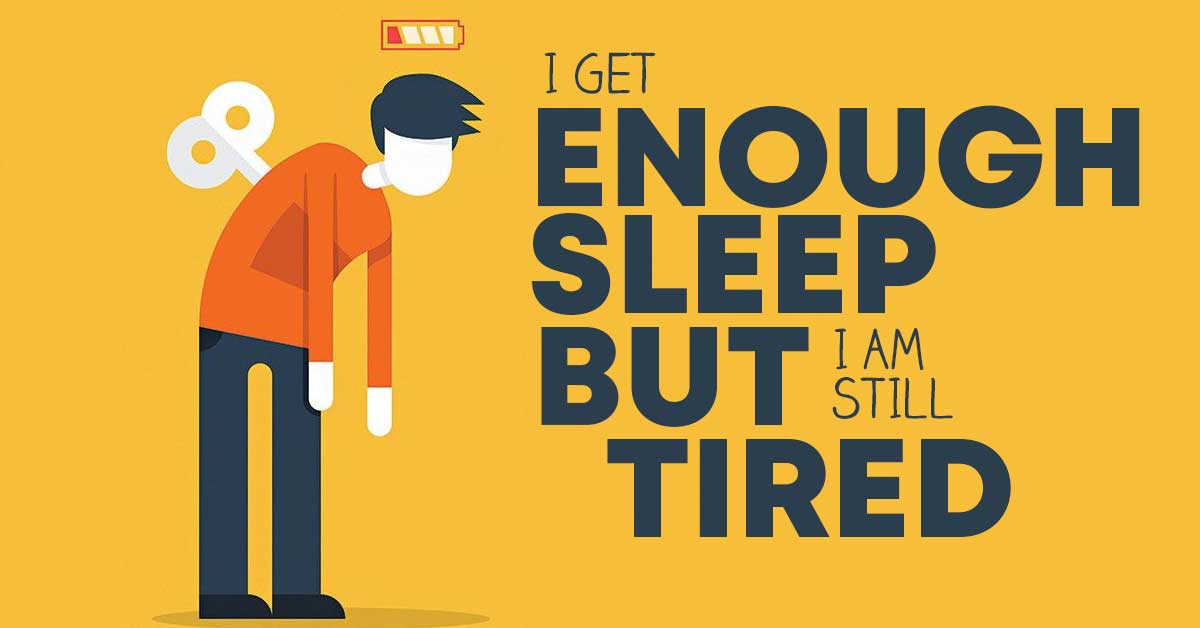You already know you need 7 to 9 hours of sleep each night. But sometimes even when you get enough hours of sleep, you still may find yourself feeling tired and sluggish.
How long you should sleep (and when) to achieve optimal alertness varies from one individual to another, but understanding your body can help set you up for success.
Reading your “internal clock”
When you do not have an alarm on (like on the weekends perhaps) when do you naturally wake up? Individuals that feel most awake during the day may tell you that they often wake up before their alarm clock. A routine where your body is waking itself up on its own and not from the alarm clock can aid in helping you feel more awake in the morning.
In order to establish a routine of waking up before your alarm clock, make a change in when you go to bed. If you go to bed a little earlier, you may find that your body will wake you up naturally a little earlier as well, even before your alarm clock.
Understanding your sleep cycles
On an average night, most people go through five to six sleep cycles of about 90 minutes each (based on 7.5 to 9 hours of sleep). There are alternating cycles of deep sleep and regular sleep. If you wake up in the middle of the night, particularly during a period of “deep sleep” (called an REM cycle) you are likely to feel tired the next day.
Does your tiredness fade throughout the day?
Most people are slow to get started in the morning – they feel a sense of fatigue initially after getting out of bed. This is normal, after all, it does take your brain a little time to get started.
If you find your fatigue does fade throughout the day, it may just be the alarming and sudden way you woke up that caused you to feel fatigued in the morning. Change the way (and possibly the time) that you get up in the morning and you may find that fatigue subsides.
Fall asleep quickly
Though you may go to bed at a designated time each night, you may find yourself unable to fall asleep soon after getting in bed. Either get into bed sooner or ensure you are taking the necessary precautions to make falling asleep easier. Remember it is 7 to 9 hours of sleep you need each night. You probably do not fall asleep immediately when you get in bed, so give yourself some extra time!
Avoid the common pitfalls that slow down your ability to fall asleep:
- Using electronic screens late at night
- Consuming alcohol or caffeine near bedtime
- Lack of activity throughout the day
- Exercising immediately before going to bed (as this can cause an adrenaline jump)


